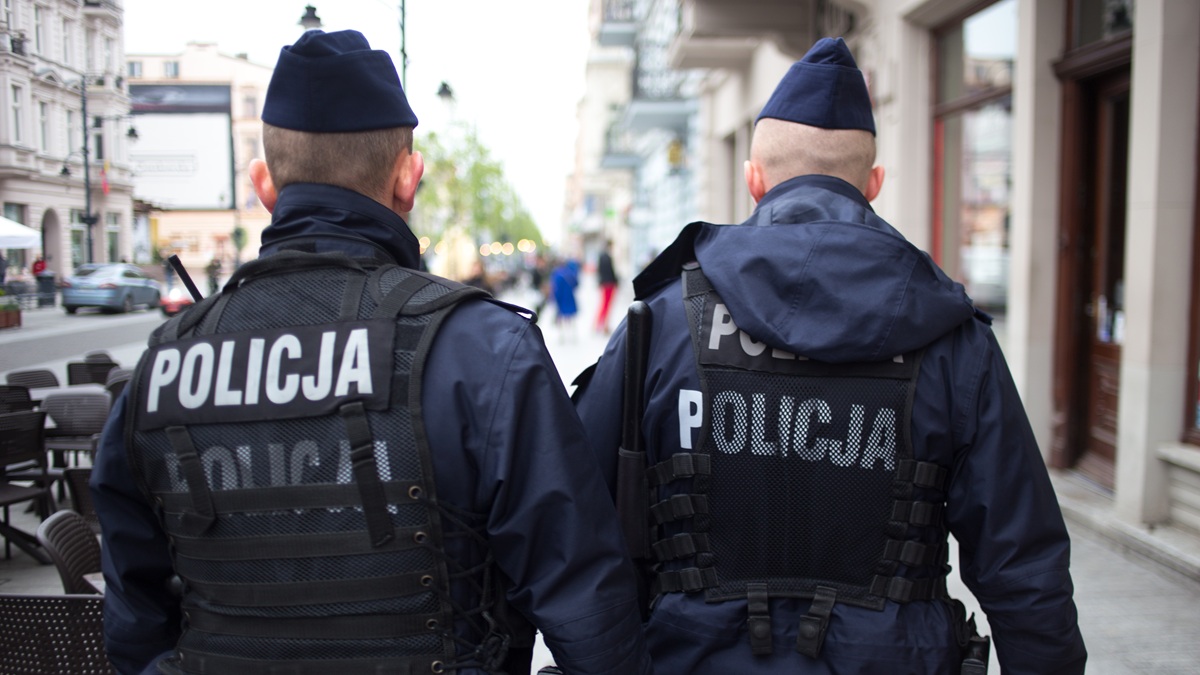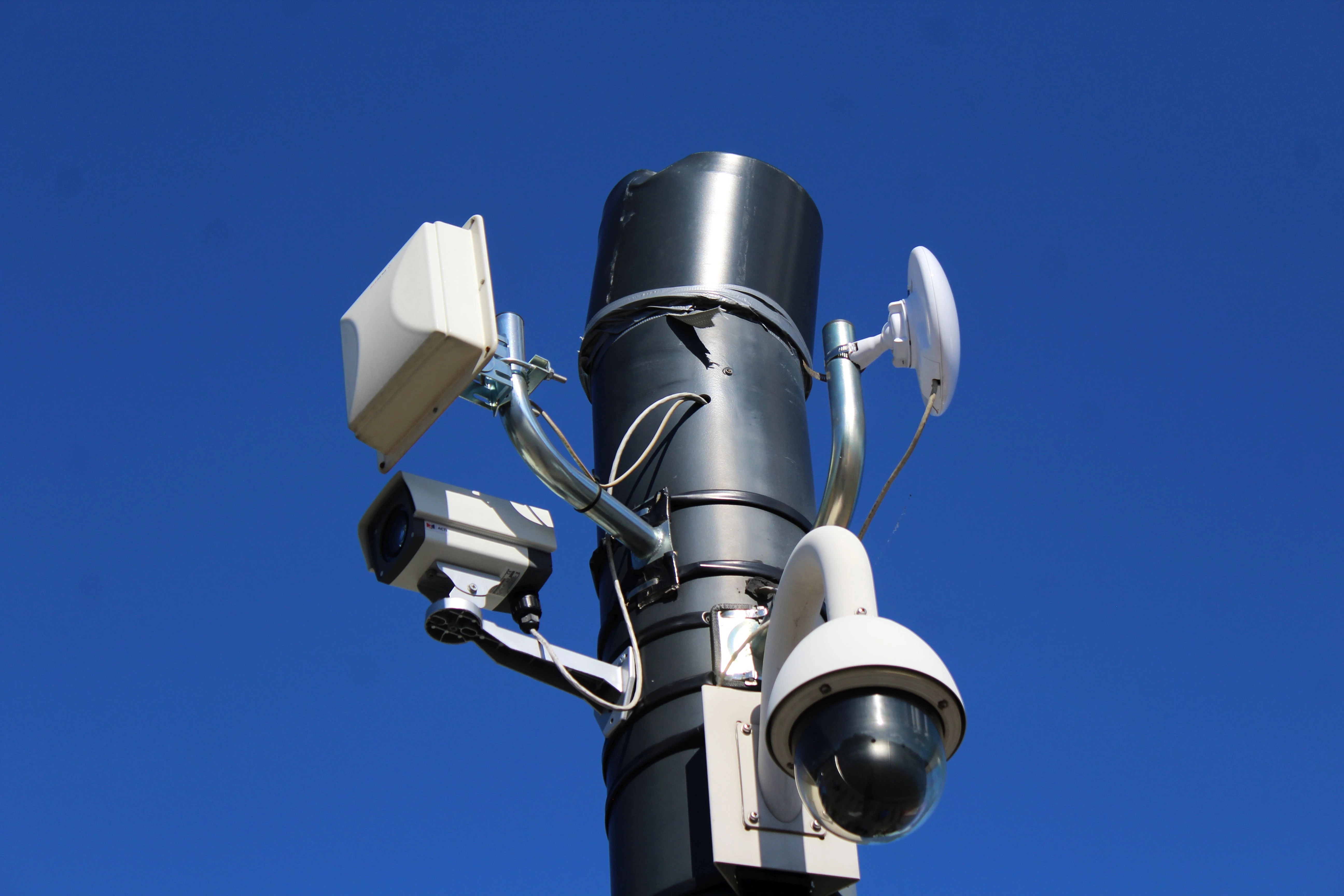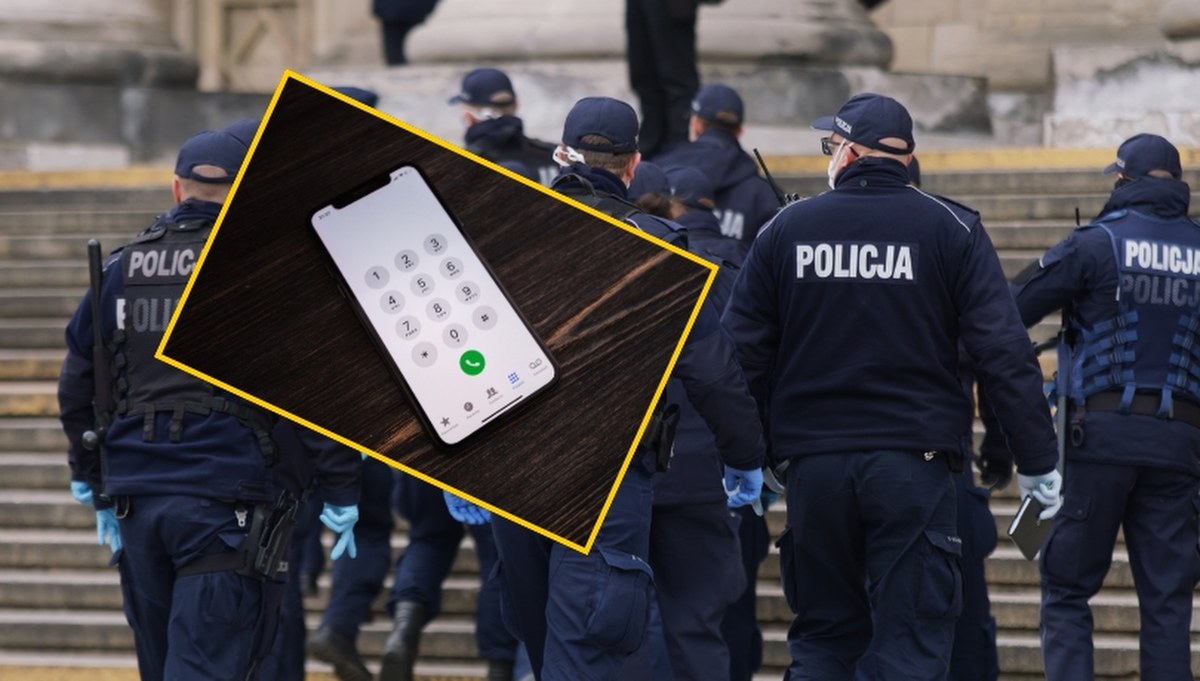A groundbreaking trial is exploring whether a simple blood test could detect 10 different types of cancer in their earliest stages. The test, called Enlighten, represents a potentially revolutionary approach to cancer screening that could transform early diagnosis across the NHS.
The innovative test works by identifying specific proteins in the blood that indicate the immune system is responding to the first signs of disease. Developed by Proteotype Diagnostics, Enlighten is also being assessed to determine which type of cancer a patient has developed.
Trial recruits 1,000 patients
The Modernised trial, led by the Southampton Clinical Trials Unit, aims to recruit 1,000 patients, with 450 already participating. Experts are taking samples from people with 10 solid tumour types, including bladder, breast, lung, prostate, ovarian, pancreatic, oesophageal and renal cancers.
The trial also includes patients with colorectal tumours and melanoma, a type of skin cancer. Researchers claim Enlighten differs significantly from other blood tests currently being trialled to detect multiple cancers.
Different approach to detection
Professor Andy Davies, director of the Southampton Cancer Research UK and National Institute for Health and Care Research Experimental Cancer Medicine Centre, explained the unique methodology. "Most current research into multi-cancer blood tests is focused on detecting abnormal DNA that has been released into the blood stream by cancer cells," he said.
"But this circulating tumour DNA cannot always be detected in the very early stages of cancer. We are instead looking at levels of certain proteins found in blood."
Early immune response key
Professor Davies added that even in cancer's earliest stages, the body's immune response can lead to higher levels of these proteins being released. "We believe these may be a good way to test for early signs of the disease," he said.
Ian Robinson, 72, from Fawley in Hampshire, was diagnosed with bowel cancer after routine screening and has joined the Modernised trial. The grandfather of five discovered his cancer through the NHS bowel cancer screening kit after four previous negative results.
Patient highlights importance
"There were no symptoms, no pain, nothing, so you would never know until it was much more advanced and therefore much more difficult to treat," Robinson said. "Obviously the team here is helping me, so I'm delighted to participate and hopefully help improve the way things are done."
Robinson, whose mother died from cancer, emphasised the importance of research for future generations. "The more cancers that can be identified as early as possible, that can benefit future generations, then it's obviously the right way to go," he said.
385,000 new cases annually
According to Cancer Research UK, there are around 385,000 new cases of cancer in the UK each year. Dr Victoria Goss, associate professor and head of early diagnosis research at the Southampton Clinical Trials Unit, stressed the importance of early detection.
"When cancers are diagnosed later, there are often fewer treatment options available to patients," she said. "Detecting cancer early means that treatment can begin sooner, increasing the chances of successful outcomes for patients."
Limited current screening
Dr Goss highlighted that improving early diagnosis remains a priority for researchers and the NHS. "Currently there are only four screening programmes in the UK and screening is only for one cancer at a time," she said.
"So we are aiming to develop simple tests that can potentially pick up the signs of multiple cancers, giving the best possible chance of early, successful treatment."
High accuracy levels
Dr Emma Yates, co-founder and chief scientific officer of Proteotype Diagnostics, said preliminary studies show Enlighten "has high levels of accuracy for picking up cancer in its very early stages". She added that the team is now testing it in a much larger group to assess its potential as an early diagnostic tool.
The Modernised trial is funded by the National Institute for Health and Care Research (NIHR) Invention for Innovation programme and the Office for Life Sciences. It is running at five hospital sites in Hampshire and Dorset, with Manchester set to open soon.
Breast cancer charity responds
Dr Kotryna Temcinaite, head of research communications and engagement at Breast Cancer Now, welcomed the research. "Early detection is our best weapon against breast cancer - fundamental to saving more lives from this devastating disease," she said.
"This exciting early research could have the future potential to help diagnose breast cancer earlier and faster in the future." She encouraged people to regularly check their breasts and attend screening appointments when invited.
(PA/London) Note: This article has been edited with the help of Artificial Intelligence.










